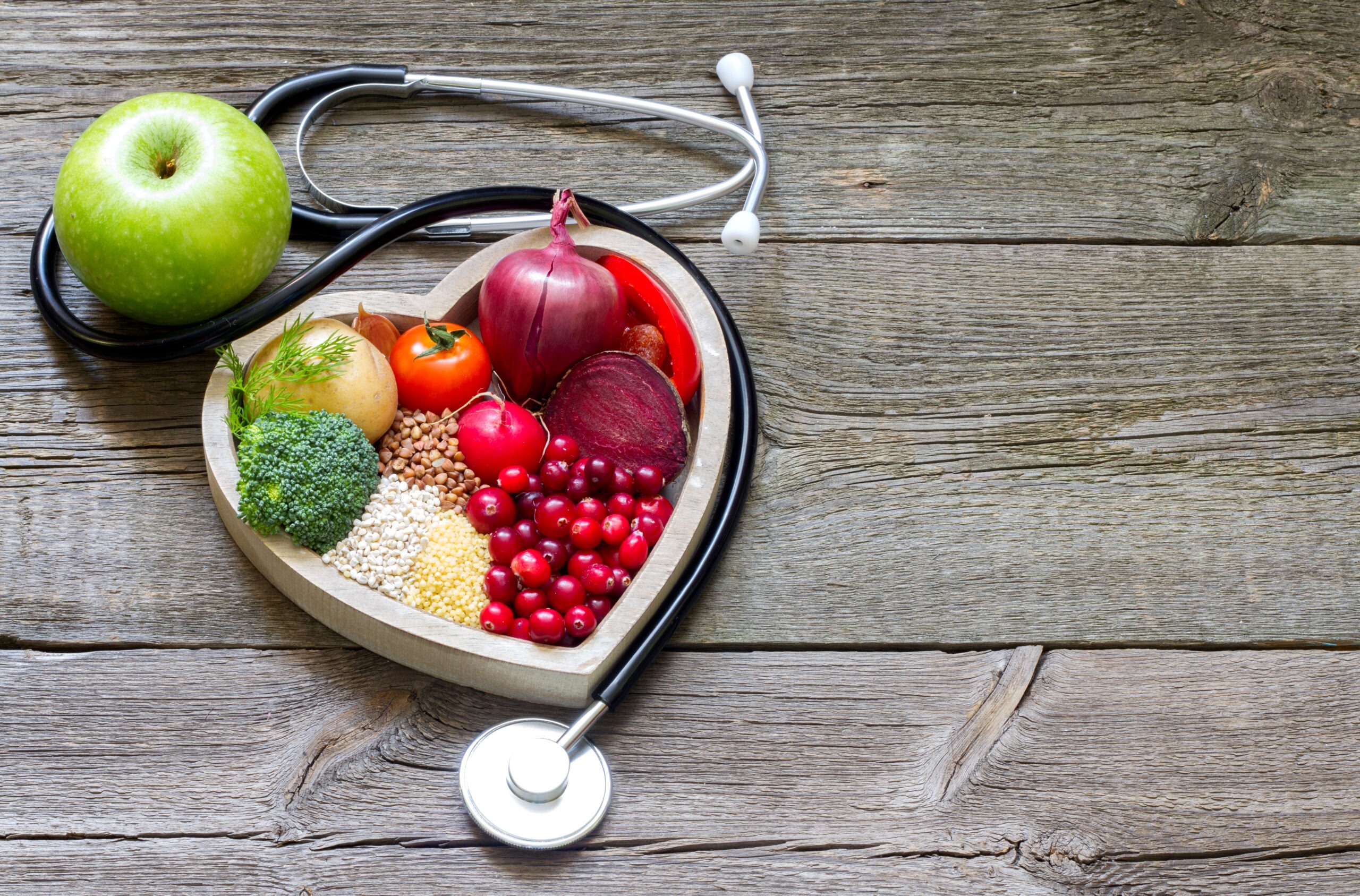March is National Nutrition Month, highlighting the importance of proper diet and recovery—a vital area of life that often plays second string to the incessant voice in the back of your mind pressing you to grind on. Smart Meetings sat down with Jen Scheinman, a Registered Dietician Nutritionist and Nutrition Affairs Manager for Timeline Nutrition, a Swiss cellular health products company, to discuss the dos and don’ts for maintaining healthy eating habits and energy levels to power through any strenuous event.
This year’s theme for National Nutrition Month, produced by the Academy of Nutrition and Dietetics, is “Fueling for The Future,” reining in a sustainability component focused on helping organizations examine the types of food served during events. This includes plant-based foods versus processed foods, for example, while also finding ways to curb food waste and throw away plastic and paper goods. However, National Nutrition Month extends beyond making the healthiest options available for attendees while reducing waste. Incorporating some sort of physical activity has also moved into the spotlight recently with the Academy of Nutrition and Dietetics recommending that planners include some kind of afternoon activity like a walk or yoga session.
Read more: To Your Health—on Every Level
Building Healthy Travel Habits
One of the most important aspects of an attendee’s success when maintaining healthy habits on the road is planning ahead to face challenges aligned with an individual’s overall goals.
Simply being prepared before departing for an event is one of the simpler ways for both attendees and meeting profs to ensure they have healthy options at their disposal—eliminating the risk of derailing otherwise healthy habits. “Taking a trip to the supermarket and stocking up on things like instant oatmeal or nuts or other healthy snacks when you know you’ll be staying overnight and there’s a refrigerator and taking advantage of that,” Scheinman says. “I’ve encouraged some of my clients to bring a tiny travel cooler with an icepack that they can use to store some yogurt,” she says, adding that other food items such as protein bars can easily be packed to “fill the gaps” if there’s not really much there that an attendee wants to eat or can eat.
“One of the main things for people to remember in terms of energy is blood sugar stabilization,” she says. “So, pairing a protein with some sort of carbohydrate and some sort of fat is really going to help keep blood sugar levels stable,” she says. This combination of macronutrients will ultimately lead to stable energy levels throughout the day. “That really keeps our energy levels from spiking and then dropping.”
Read more: WalletHub’s Top Vegan-friendly Cities for Meeting Makers
Choose Wisely
Scheinman also shared a short list of foods that specifically support healthy energy levels and are commonly found at buffets and other concessions that offer attendees and event professionals meals and quick snacks including oatmeal, chicken, walnuts, berries and eggs. “Oatmeal and berries are both very high in fiber, which in addition to pairing with protein and fat, helps to stabilize blood sugar,” she says. They are also being high in micronutrients such as vitamins that help support energy levels.
Berries contain what are known as polyphenols, Scheinman says. These polyphenols “help to drive how our mitochondria produce energy as well,” noting that berries contain a specific polyphenol that the GI tract can “convert into something called Urolithin A that helps to drive our mitochondria to be healthier and produce more energy.” In a nutshell, berries improve gut health, which in turn make the tiny mitochondria that energize the body’s trillions of cells happy, adding a little pep in your step.
Staying light on one’s toes is definitely preferable when darting around an event because inhaling a massive burrito or sandwich, for example, will likely result in the beckoning urge to slink off to some deserted area for an impromptu nap. Chicken and eggs, Scheinman says, are “really great protein foods that aren’t going to weigh you down and will also help keep blood sugar levels at a stable level.” And not all proteins are created equal, Scheinman points out, explaining that eggs and chicken are very lean without a lot of saturated fat, especially when compared to beef or heavier fattier types of protein. Most importantly, chicken and eggs are “easily accessible,” she says.
Scheinman also had a list of foods that she says can lead to degradation of energy, which attendees should be wary of. “One food worth calling out is sugar,” she says. While that seems like common knowledge, Scheinman says that the sweet substance “often sneaks its way into places like caffeinated beverage that you might be drinking throughout the day or in the cookies and deserts that are constantly around at events.” The villainy of sugar relates back to blood sugar management, she explains. “We’re just spiking our blood sugar to give us this false sense of energy and then having that crash.”




